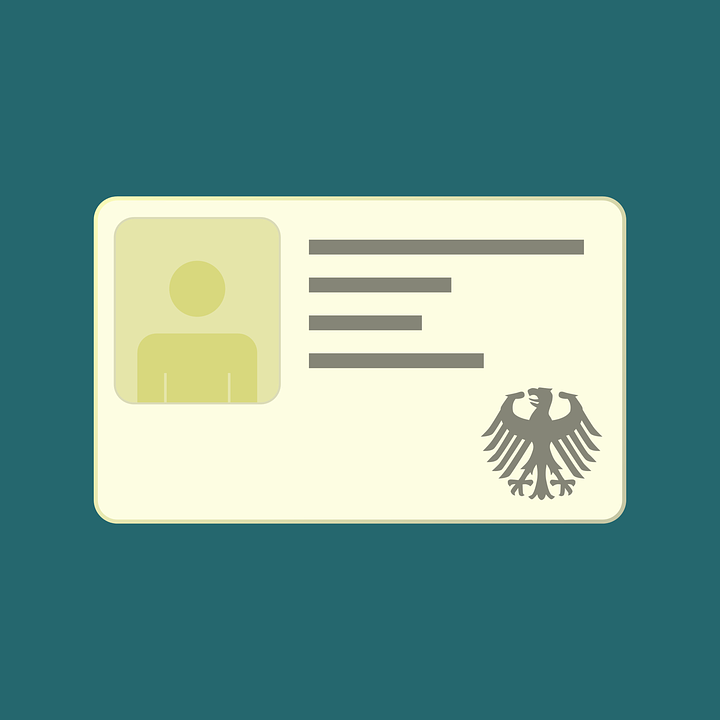Living abroad in Germany, you must have had the need to send money to your home country or receive money from there. International money transfers here can sometimes be a little bit tricky if you don’t gather information about them beforehand. These are some information that you will need to know when considering international money transfers:
Top international money transfer services
These companies are the top money transfer services in Germany and they all offer competitive rates for online money transfers.
How to transfer money to or from Germany?
Online transfers are increasingly becoming the most popular way to send money overseas. Online money transfers are fast, low-cost, safe and easy, helping you avoid the sometimes excessive fees you might be charged by traditional banks. Here’s how the process of sending money online works:
Create an account
Once you’ve decided which online transfer service you’d like to use, you need to register for an account on their website, providing some basic personal information. Depending on which service you’ve chosen, you may have to verify your identity before using it.
Select an amount and delivery option
After that, you need to provide some details about the transaction that you want to make. For example, the amount of money to be transferred, the currency conversion and how fast do you want the transfer to be completed.
Enter recipient’s details
You’ll need to add additional details about your recipient such as their name and banking information.
Pay
After you’ve completed all the required information, pay the money to the company that handles transfers. This can be done with a credit or debit card or regular bank transfers.
As soon as the transfer services receive the money from you, they’ll begin the transfer process. It may take a few days. Once the transfer is completed, you will get an email notification.
How long can the transfer take?
Depending on which international transfer service you use, the time it takes to transfer funds internationally varies. Usually, bank to bank transfers take 1-2 business days, but it can be longer if you’re transferring outside the EU. So make sure you plan accordingly depending on the urgency of the transfer.

Cost of international money transfers
The total costs will be in terms of these:
- The transfer fee charged by the transfer service
- The amount of money being transferred
- The speed of the transfer
- The currencies and exchange rate
When choosing a service, be sure to look at the total cost, which includes all of these. Some services may seem cheap, but often this means their exchange rate is high and so you end up having to pay more. Therefore, it is always better to compare exchange rates of the different transfer services before opting for one.
How to save money with international money transfers?
There are several other ways to save money if you want to transfer money to or from Germany, including the following:
Transfer large amounts
Sending a large amount at one time usually ends up costing less than sending small amounts several times.
Unless urgent, don’t pay for speed
If you don’t need your money to be sent immediately, you can save money if you choose a longer period of time for your transfer.
Beware minimum transfer amounts
Not all transfer services allow the transfer of small amounts. Some might have a minimum transfer amount. So make sure you have the right information before making a decision.
Consider transfer options
Some companies allow you to send your money at a later period with a particular exchange rate. You can set up your transfers so that they only happen when the best exchange rate is reached.
International transfers for businesses
If you have your own business, you may need to transfer money to or from Germany. You could use a specialist foreign exchange provider instead of your business bank account to make payments abroad as they might have better deals for businesses.
Other ways for international money transfers
Apart from the online options, you can send money through bank transfers and cash remittance services.
Need to call your bank but don’t speak fluent German? We’ve got your back! Simply book a helper to make the phone call for you!


